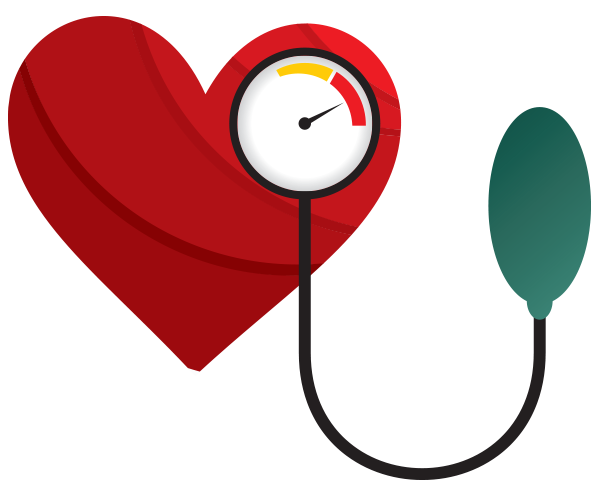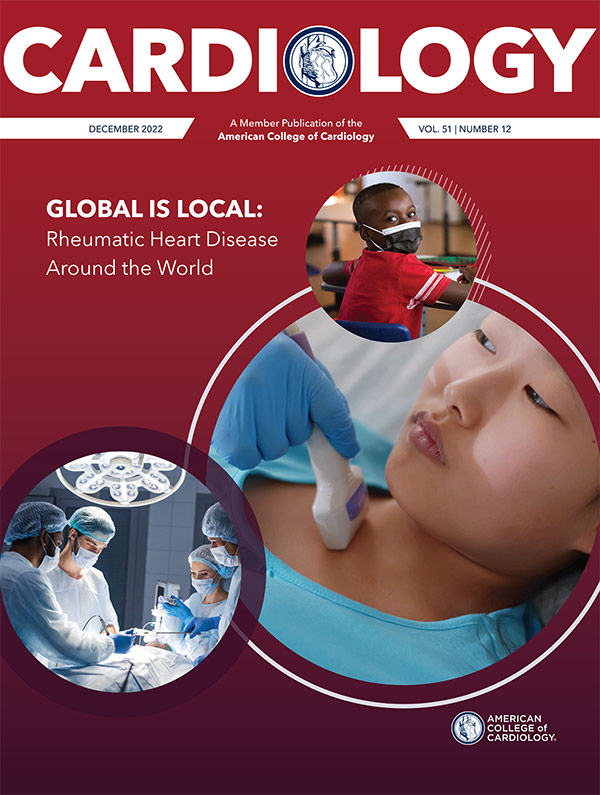Prioritizing Health | Innovative Strategies to Improve Hypertension Management Across Diverse Patient Populations

A series of late-breaking studies presented at AHA 2022 explored innovative solutions for mindful disruption of chronic management of high blood pressure (BP) across diverse patient populations and care settings. Researchers shared findings from the CRHCP, RICH LIFE, Mindfulness and QUARTET USA studies.
In CRHCP, researchers found that village doctor-led hypertension intervention was effective in reducing cardiovascular disease and all-cause mortality in rural villages in China compared with usual care. Researchers implemented a simple stepped-care protocol for hypertension treatment to achieve a target systolic BP <130 mm Hg and diastolic BP <80 mm Hg, with village doctors initiating and titrating antihypertensive medications based on the treatment protocol, delivering discounted and free medications to patients, conducting health coaching on lifestyle modification and medication adherence, and instructing patients on home BP monitoring.
Mindful BP Control

Is it possible to lower BP with one's mind? The answer seems to be yes, based on results from the Mindfulness study. Results from this study found that adults with hypertension who participated in a mindfulness behavior program for eight weeks had significantly lower BP levels and greatly reduced sedentary time at the six-month follow-up.
Compared with participants who received enhanced usual care (home BP monitor, BP educational information, facilitated access to a physician if needed), those in the mindfulness program group were more likely to eat heart-healthy foods and to report lower levels of perceived stress.
"The mindfulness program focused on training participants in skills such as attention control, self-awareness and emotion regulation, and then applied that training to health behavior change," said Eric B. Loucks, PhD. "This approach may offer a novel way to improve blood pressure control."
At 36 months, the net group differences in systolic and diastolic BP were –23.1 and –9.9 mm Hg (p<0.0001), respectively, and the primary composite outcome of myocardial infarction, stroke, heart failure or cardiovascular death was significantly reduced by 31% in the intervention group compared with usual care.
"This cluster-randomized trial demonstrated that a village doctor-led intervention for hypertension control in a low-resource setting is effective in reducing [cardiovascular disease] and all-cause mortality," said Jiang He, MD, who presented the findings. "Furthermore, it showed that treating all hypertensive adults to a lower BP target is both feasible and beneficial for [cardiovascular disease] risk reduction."
In RICH LIFE, an enhanced, collaborative and stepped care intervention that included equity-focused leadership training and engagement, BP measurement standardization, hypertension best practices education, and audit/feedback on hypertension disparities, improved BP control significantly among racially and economically diverse primary care patients with hypertension.
Thirty practices were involved in the study and randomized to either Standard of Care Plus or Collaborative Care/Stepped Care Intervention. According to Lisa A. Cooper, MD, MPH, who presented the findings, "the addition of a collaborative care team including a care manager and a community health worker provided similar benefits for BP control and BP levels, greater improvements in patient experiences of chronic illness care, and greater improvements in BP control for patients with Medicaid insurance and patients with coronary heart disease, than for patients not in those groups.
Based on the findings, Cooper suggests that health system leaders and policymakers should provide support for multilevel interventions to reduce disparities in BP control, with more intensive approaches reserved for those individuals with complex medical and social needs. The barriers to successful implementation of interventions that would advance equity in hypertension outcomes should be explored further in future research, she added.
Resources For Practice
ACC's Overcoming Challenges in Hypertension Management free online course provides on-demand education when it fits your schedule. The self-paced course addresses the hypertension crisis, patient adherence, intensification of treatment, resistant hypertension, customized treatment strategies and special considerations for subgroups, and renal denervation. Click here to access the course.
Support your patients' journey in controlling their blood pressure and facilitate shared decision-making conversations with tools from CardioSmart. Click here to download the Know Your Numbers infographic, along with action plans, fact sheets and more.
QUARTET USA found that initiating a four-drug, quarter-dose BP-lowering combination of candesartan (2 mg), amlodipine (1.25 mg), indapamide (0.625 mg) and bisoprolol (2.5 mg) led to a –4.8/–4.9 mm Hg greater reduction in change in BP from baseline to 12 weeks compared with standard-dose ARB monotherapy (candesartan 8 mg daily) in patients with mild to moderate hypertension.
Researchers noted that differences in systolic BP were not statistically significant, which is likely due to limited power related to the sample size. Additionally, while adverse events were more common in the intervention group, the rate of discontinuation was higher in the comparator group.
"New approaches are needed to achieve lower BP targets, especially for patients and communities with a high burden of hypertension and hypertension-related diseases," said Mark D. Huffman, MD, FACC, who presented the findings. He added that the direction and magnitude of the BP lowering effect were similar between QUARTET and QUARTET USA, despite different study populations with lower baseline BP in the U.S., "thus strengthening the case for this new approach."
Clinical Topics: Diabetes and Cardiometabolic Disease, Heart Failure and Cardiomyopathies, Prevention, Pulmonary Hypertension and Venous Thromboembolism, Vascular Medicine, Acute Heart Failure, Pulmonary Hypertension, Hypertension
Keywords: ACC Publications, Cardiology Magazine, AHA Annual Scientific Sessions, AHA22, Hypertension, Pulmonary, Heart Failure
< Back to Listings


